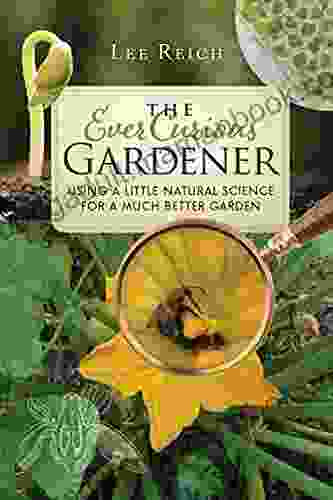Harnessing Nature's Secrets: Utilize Little Natural Science for a Thriving Garden

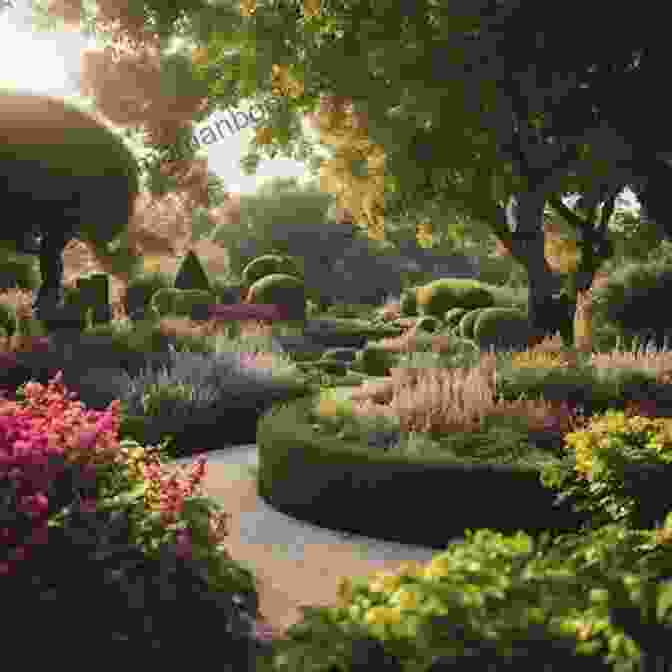
:
The allure of a vibrant garden, bursting with an array of colors, textures, and scents, is a dream for many. However, achieving such a horticultural paradise often requires a significant investment of time, effort, and sometimes, hefty expenses. But what if there's a smarter, more sustainable way to cultivate a thriving garden without breaking the bank or depleting natural resources? This article unveils the little-known secrets of natural science that can transform your garden into an oasis of abundance while preserving the delicate balance of the ecosystem.
4.5 out of 5
| Language | : | English |
| File size | : | 13831 KB |
| Text-to-Speech | : | Enabled |
| Enhanced typesetting | : | Enabled |
| Word Wise | : | Enabled |
| Print length | : | 303 pages |
| Lending | : | Enabled |
| Screen Reader | : | Supported |
1. Soil is the Foundation:
The health of your garden begins with the soil. It provides essential nutrients, water, and oxygen to your plants. Enrich your soil naturally with organic matter, such as compost, manure, or green manure crops. These organic amendments improve soil structure, water retention, and nutrient availability, creating a thriving environment for plant roots.
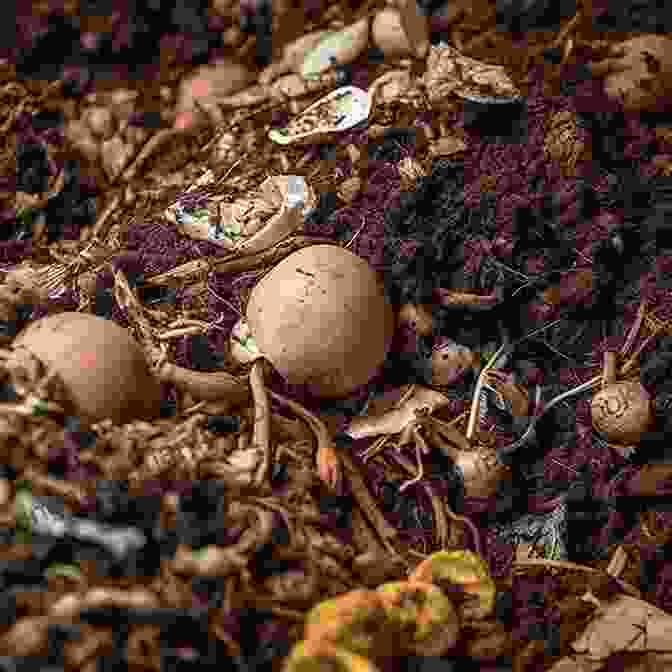
2. Water Wisely:
Water is crucial for plant survival, but excessive watering can lead to nutrient leaching and root rot. Implement water-saving strategies like mulching around plants to retain moisture, utilizing drought-tolerant species, and collecting rainwater for irrigation.
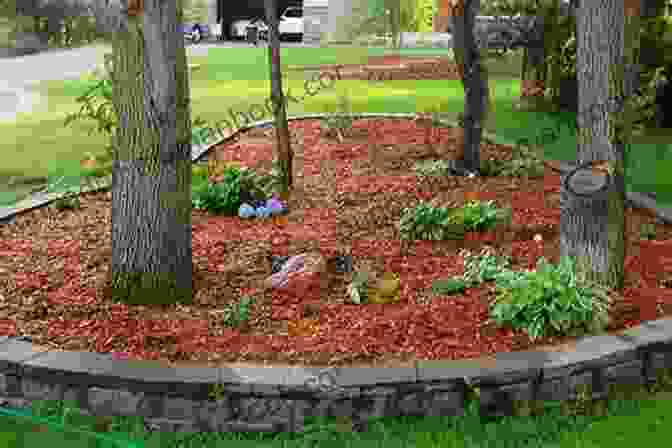
3. The Balancing Act: Nitrogen, Phosphorus, Potassium:
Plants require a balanced supply of nitrogen (N),phosphorus (P),and potassium (K) to thrive. Instead of relying solely on chemical fertilizers, explore natural alternatives. Legumes, like beans and peas, fix nitrogen from the air into the soil. Phosphorus can be sourced from bone meal or rock phosphate. Wood ash or seaweed extract provides potassium.
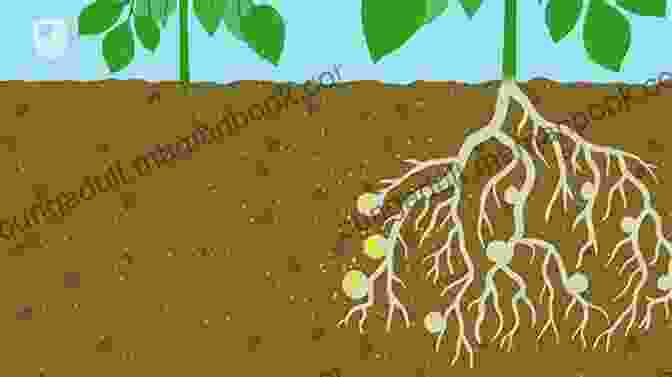
4. Pest and Disease Management:
Chemical pesticides and fungicides can disrupt the delicate ecosystem of your garden. Embrace biological controls by introducing beneficial insects, like ladybugs or parasitic wasps, to combat pests. Use homemade insecticidal sprays, such as neem oil or garlic spray, and practice crop rotation to prevent disease outbreaks.
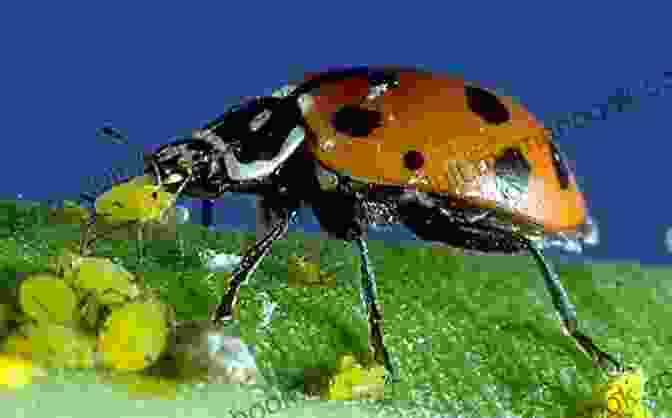
5. Plant Diversity:
A diverse ecosystem promotes resilience and stability in the garden. Avoid monocultures, which make plants more susceptible to pests and diseases. Instead, plant a variety of species that attract pollinators, provide food and shelter for beneficial insects, and deter pests naturally.
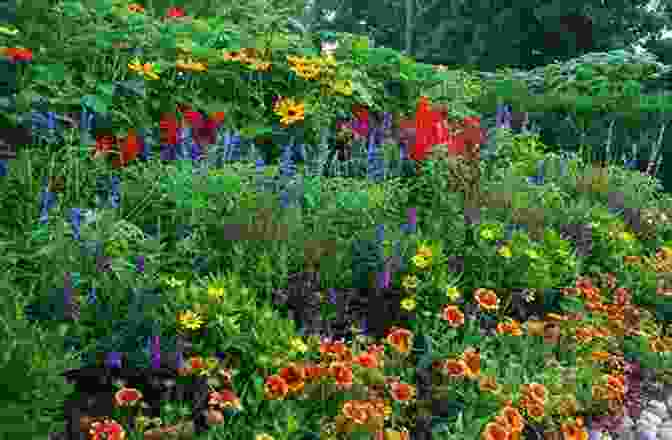
6. Companion Planting:
The concept of companion planting is based on the idea that certain plants can benefit each other when grown together. For instance, planting carrots next to tomatoes helps repel carrot flies, while basil planted near tomatoes improves flavor and repels insects. Explore these beneficial plant relationships to maximize growth and reduce the need for pesticides.
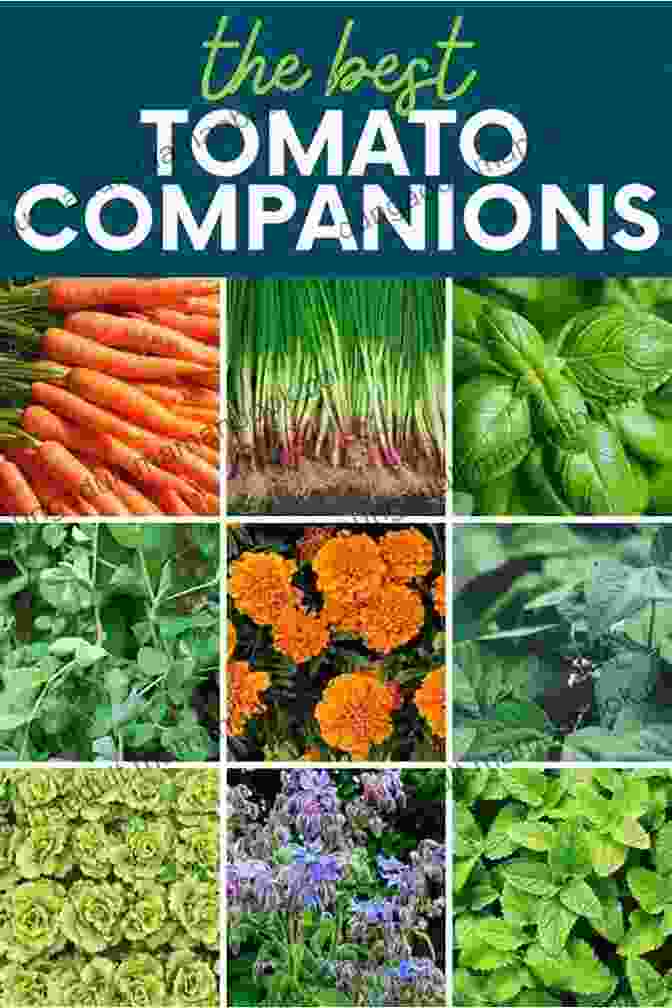
7. Pollinators' Paradise:
Pollinators, such as bees and butterflies, play a vital role in plant reproduction. Attract these essential creatures to your garden by planting a variety of nectar-producing flowers. Avoid using pesticides that harm these beneficial insects.
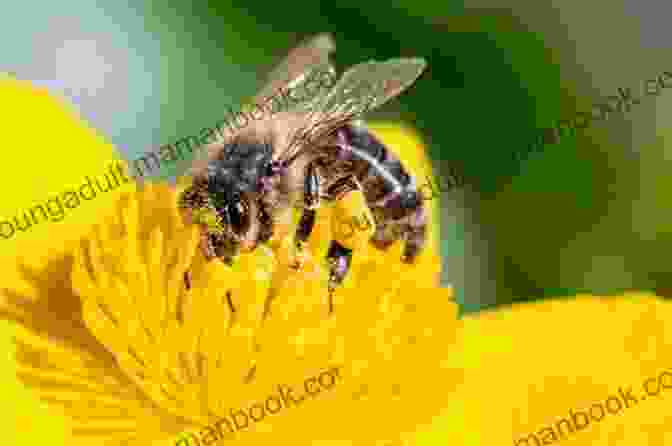
8. Mulch for a Healthy Soil Ecosystem:
Mulch, a layer of organic material spread around plants, has numerous benefits. It suppresses weeds, retains moisture, regulates soil temperature, and provides habitat for beneficial organisms. Use wood chips, straw, or shredded leaves as natural mulch.
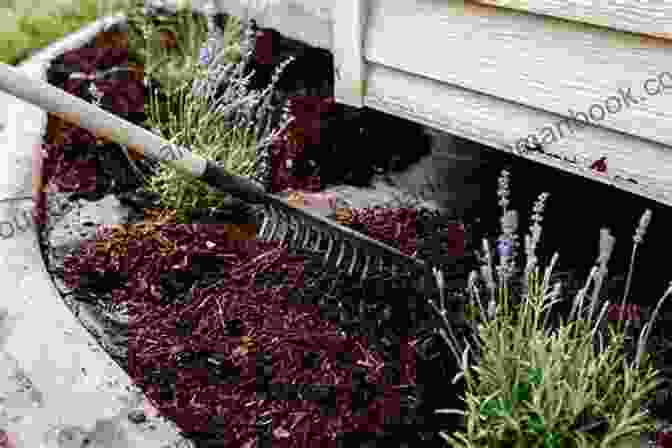
9. Compost: Nature's Recycle Bin:
Composting is the natural process of breaking down organic matter, transforming it into a nutrient-rich soil amendment. Create your own compost by collecting kitchen scraps, yard waste, and other organic materials.
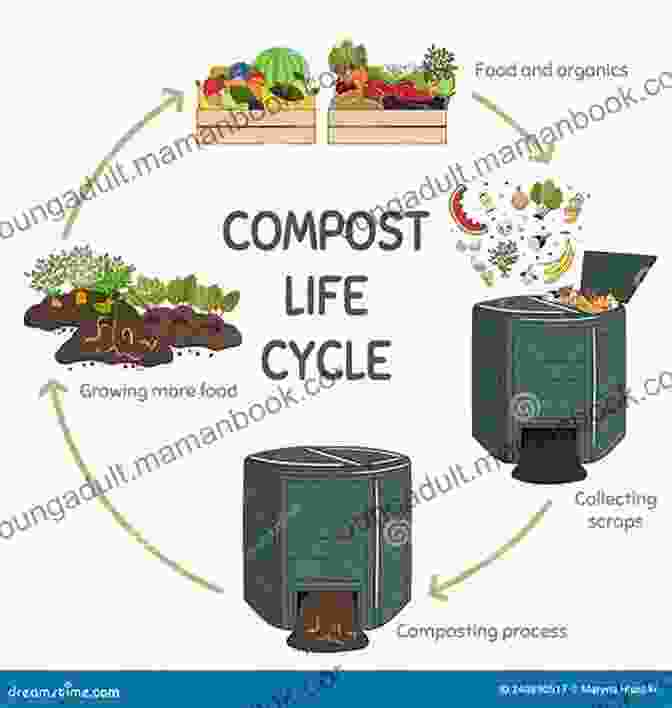
10. Observation is Key:
Pay close attention to your garden. Observe plant growth, pest activity, and any changes in the soil. This knowledge will help you make informed decisions about watering, fertilization, pest control, and other gardening practices.
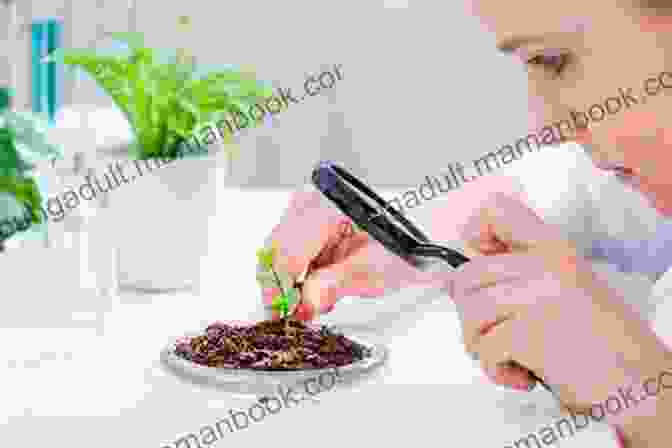
:
By incorporating these natural science principles into your gardening practices, you can cultivate a thriving garden that is both beautiful and sustainable. From harnessing the power of organic matter to relying on natural pest control and attracting pollinators, you will not only save money and precious resources but also contribute to a healthier ecosystem. Remember, gardening is not just about aesthetics; it's about nurturing a living, breathing environment that provides us with nourishment, beauty, and a deep connection to nature.
4.5 out of 5
| Language | : | English |
| File size | : | 13831 KB |
| Text-to-Speech | : | Enabled |
| Enhanced typesetting | : | Enabled |
| Word Wise | : | Enabled |
| Print length | : | 303 pages |
| Lending | : | Enabled |
| Screen Reader | : | Supported |
Do you want to contribute by writing guest posts on this blog?
Please contact us and send us a resume of previous articles that you have written.
 Top Book
Top Book Novel
Novel Fiction
Fiction Nonfiction
Nonfiction Literature
Literature Paperback
Paperback Hardcover
Hardcover E-book
E-book Audiobook
Audiobook Bestseller
Bestseller Classic
Classic Mystery
Mystery Thriller
Thriller Romance
Romance Fantasy
Fantasy Science Fiction
Science Fiction Biography
Biography Memoir
Memoir Autobiography
Autobiography Poetry
Poetry Drama
Drama Historical Fiction
Historical Fiction Self-help
Self-help Young Adult
Young Adult Childrens Books
Childrens Books Graphic Novel
Graphic Novel Anthology
Anthology Series
Series Encyclopedia
Encyclopedia Reference
Reference Guidebook
Guidebook Textbook
Textbook Workbook
Workbook Journal
Journal Diary
Diary Manuscript
Manuscript Folio
Folio Pulp Fiction
Pulp Fiction Short Stories
Short Stories Fairy Tales
Fairy Tales Fables
Fables Mythology
Mythology Philosophy
Philosophy Religion
Religion Spirituality
Spirituality Essays
Essays Critique
Critique Commentary
Commentary Glossary
Glossary Bibliography
Bibliography Index
Index Table of Contents
Table of Contents Preface
Preface Introduction
Introduction Foreword
Foreword Afterword
Afterword Appendices
Appendices Annotations
Annotations Footnotes
Footnotes Epilogue
Epilogue Prologue
Prologue Michael Mcfaul
Michael Mcfaul Jeffrey Wickes
Jeffrey Wickes Hrishikesh Goswami
Hrishikesh Goswami Craig Martelle
Craig Martelle Linda Talley
Linda Talley Allen C Guelzo
Allen C Guelzo Manfred Basedow
Manfred Basedow Matthew Hopkins
Matthew Hopkins Erickson Karnel
Erickson Karnel Logan Christopher
Logan Christopher Christopher Calkins
Christopher Calkins Emma Tallon
Emma Tallon Marty Cagan
Marty Cagan Zane Grey
Zane Grey Terri Weeks
Terri Weeks Lao Tzu
Lao Tzu Shari Lapena
Shari Lapena Mark Spitznagel
Mark Spitznagel Theodora Schiro
Theodora Schiro Tammi Morrison
Tammi Morrison
Light bulbAdvertise smarter! Our strategic ad space ensures maximum exposure. Reserve your spot today!

 Darnell MitchellUnleashing the Legal Thriller: La Jolla Law's Thaddeus Murfee Thrillers #12
Darnell MitchellUnleashing the Legal Thriller: La Jolla Law's Thaddeus Murfee Thrillers #12 Douglas AdamsFollow ·12.4k
Douglas AdamsFollow ·12.4k George OrwellFollow ·11k
George OrwellFollow ·11k Aron CoxFollow ·11.2k
Aron CoxFollow ·11.2k Harvey BellFollow ·8.6k
Harvey BellFollow ·8.6k Harry CookFollow ·8.8k
Harry CookFollow ·8.8k Grayson BellFollow ·17.8k
Grayson BellFollow ·17.8k Victor HugoFollow ·18.4k
Victor HugoFollow ·18.4k Harold BlairFollow ·4.2k
Harold BlairFollow ·4.2k

 Yukio Mishima
Yukio MishimaUnveiling the Zimmermann Telegram: A Pivotal Document in...
The Zimmermann Telegram, a diplomatic...

 George Martin
George MartinFearful Stories and Vile Pictures to Instruct Good Little...
In the annals of children's literature, few...

 Grant Hayes
Grant HayesJessica the Viscount Wallflower: A Tale of Transformation...
In the opulent ballrooms and glittering...

 Jerome Blair
Jerome BlairThe Economics of the Global Defence Industry: A...
The global...

 Blake Kennedy
Blake KennedyBreath of Heron - A Window into the Poetic Depths of...
In the realm of...
4.5 out of 5
| Language | : | English |
| File size | : | 13831 KB |
| Text-to-Speech | : | Enabled |
| Enhanced typesetting | : | Enabled |
| Word Wise | : | Enabled |
| Print length | : | 303 pages |
| Lending | : | Enabled |
| Screen Reader | : | Supported |


